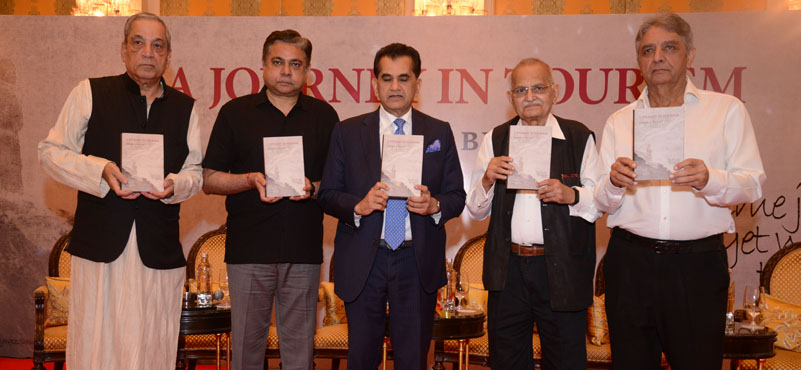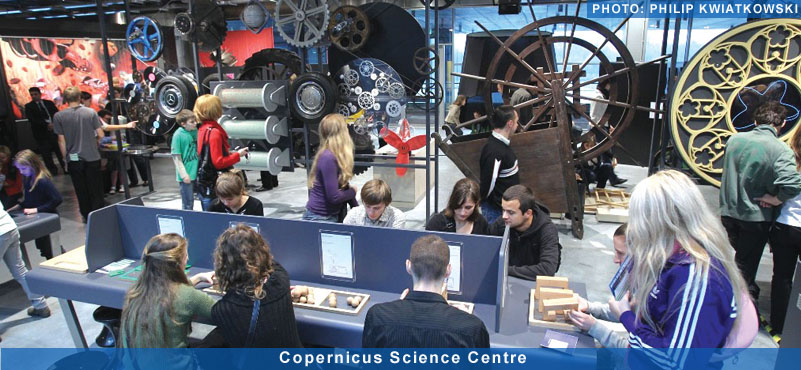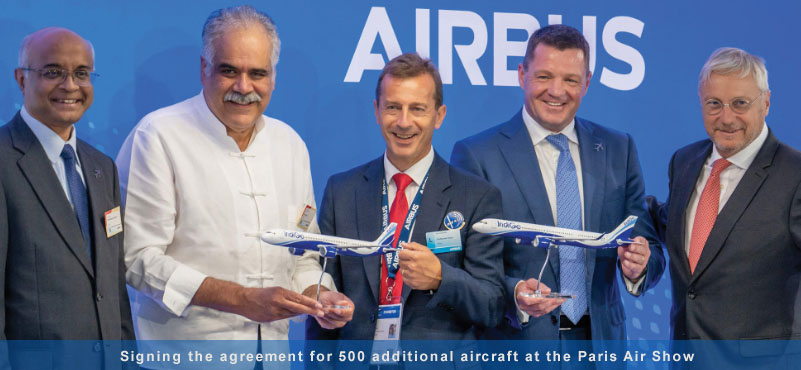Suman Billa, Joint Secretary, Ministry of Tourism was at his candid best. Speaking to industry stakeholders on various facets pertaining to wedding tourism at the first ever FICCI Wedding Tourism Summit held recently at Hotel Lalit in the capital, he detailed government’s measures on policy and infrastructure front to augment footfalls in the segment, beside taking stock of some of the bottlenecks that continue to stifle the growth of the sector. In a detailed interaction, he outlined the road ahead.

JOINT SECRETARY, MINISTRY OF TOURISM
On the need for not capping the proposed spending limit on weddings in India
The point is well taken. We need to look at it. Now we realise that domestic tourism is crucial. There was a time when we had to look towards foreign guests when came to hotels charging rates of 100 dollars or more. Today, the Indian consumer is willing to pay top dollar for a hotel room and perhaps, there is more revenue realised from F&B segment by these customers.
We are fully aware that every wedding that is taken in the country, which does not go out, means so much money into the Indian economy. That is so much more money that comes into the foreign exchange reserve and contributes to creating employment and so much more. That is something that we all realise.
States need to take the lead
What at happens at the level of policy making, and I am willing to bet my boots on it, if you look at the budget document of any state, there will always be something that goes against it (wedding segment). That is something that is not going to be resolved soon and needs to be worked on a long-term basis. What we can do, clearly, to see what are the other things that needs to be fixed.
GST comes as a blow; addressing connectivity woes top priority of the government
The GST is a blow. There is absolutely no doubt about it. But all said and done, I think it will be around 18%. So, there are ways in which we need to look at it. One way is to look at is the Forex if we can. We can pitch for a lower rate of tax on that. But I think the critical things mentioned during the discussion like connectivity is something that we will be working on a lot more. If you look at the aviation connectivity, much of them are around the Trunk routes – Delhi-Mumbai, Mumbai- Chennai – these are the most taken routes. But stand-alone destinations like, let us say Khajuraho has only one flight and it is a great tourist destination. There is one airport and it is a dying destination, because there is simply not enough airlift capacity to be able to send enough people to fill in rooms.
So, on the aviation side, we have started the Regional Connectivity Scheme (RCS) in which we are doing a reverse bidding process and we are saying that the government will pay the operator to operate routes – where the operator may not be able to operate otherwise.
On the railway front, we are at a very advanced stage to look at facilities for tourist coaches. There are a lot of people out there to whom if you provide clean facility and comfortable journey with reasonable food and experience, they are not averse to paying more money. So, as a wedding planner, if you are able to do a coach which is state-of-the-art and luxurious, people will pay a premium.
Inter-state road tax to go online
Of course, on the road connectivity side, what people across the country rue is paying inter-state tax. Every time one reaches a check-post, one has to pay money. I think we are at the final stages of (introducing) electronic payment where one can pay it online and there is a mechanism by which the payment will be credited to the account of the respective state.
I think if we can do these three things and if we are able to crack the piece about the charter movement, we should be able to address the connectivity piece reasonably well. It is not that we have just started work on it. We have been working on it for the past couple of years and are reasonably close to it.
The new civil aviation policy is finally progressing. One thing that we have constantly advocated and pushed, and we have gotten away with it, was to remove the principle of reciprocity. Earlier, the entire demand was determined by the fact that if Germany allows to fly 100 passengers, you will allow Germany to fly 100 passengers. We said that it was a short-sighted view of things. If India has to grow, not just as a tourist destination, but even for Make in India, the airlift capacity is an enabler. If a thousand people are flying, they are flying for something. They do not come here to swat flies!
Their coming here enables the economy in multiple ways than just having a narrow view of what is the revenue that we are generating. It is something that the PM, himself, has pushed for. So, we have done away with reciprocity.




































